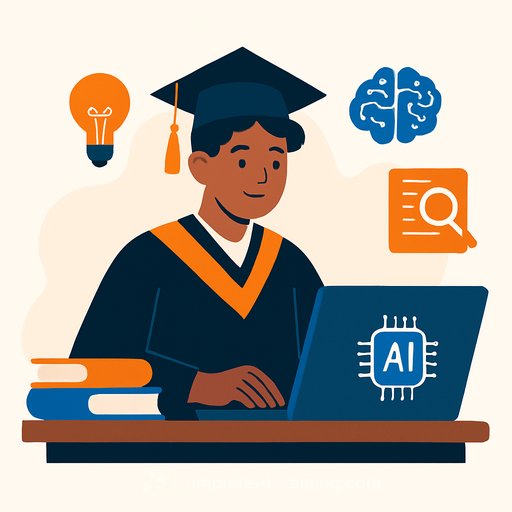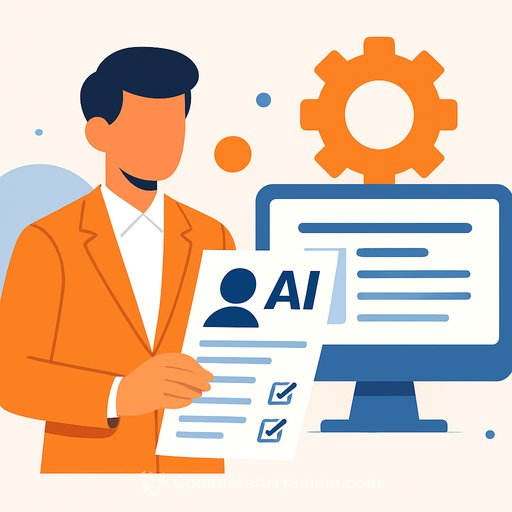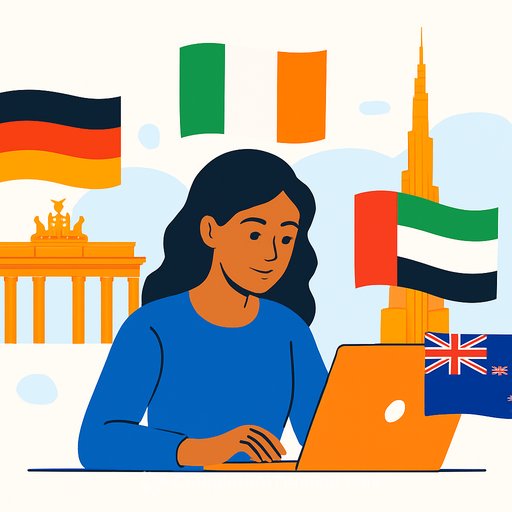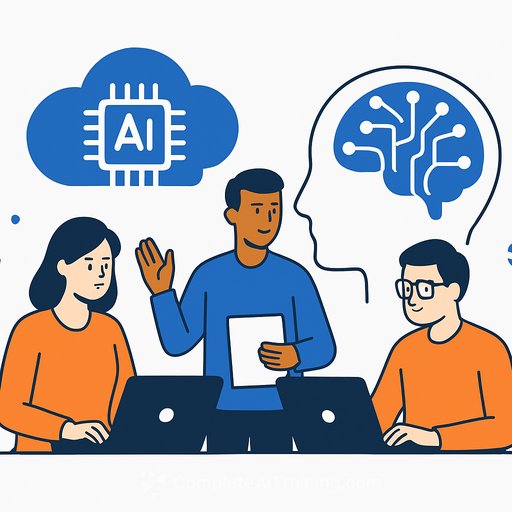OpenAI’s VP of Education: Every Graduate Must Know AI
OpenAI’s Vice President of Education, Leah Belsky, delivers a clear message: workers who don’t learn to use artificial intelligence (AI) risk becoming obsolete. Speaking on OpenAI’s official podcast, Belsky emphasized that “Luddites have no place in an AI-powered world.”
Since joining OpenAI in 2024, Belsky has focused on education strategies that prepare students for an AI-driven future. She insists that every graduate today should be fluent in AI tools—not just for job applications but as a core skill starting day one on the job.
Changing the Education Conversation Around AI
Academic debates often frame AI use, like ChatGPT, as cheating. Belsky challenges this view, arguing that banning AI misses the point. Instead, educational institutions should teach responsible AI use, treating it as a tool to deepen learning rather than a shortcut to answers.
She compares AI to calculators, which were once feared by educators but are now standard. “What matters most is how that tool is used,” Belsky explains. Encouraging students to use AI thoughtfully can expand critical thinking and creativity.
Introducing Study Mode: A Smarter Way to Learn with AI
To support this approach, OpenAI launched Study Mode in ChatGPT. This feature guides students with tailored questions, helping them engage with material more deeply instead of simply copying answers. It’s part of a broader push to embed structured learning aids inside AI tools.
Coding and “Vibe Coding” as Essential Skills
Belsky highlights coding as a fundamental skill every student should develop—at least at a basic level. She points to “vibe coding,” where users prompt AI with natural language to generate code. While powerful, AI-generated code may contain errors, so some technical knowledge or expert help remains important.
Looking ahead, Belsky envisions all students learning to use AI not only to access information but to create images, write software, and build applications. This shift could democratize technology creation for the next generation.
Balancing AI Use with Productive Struggle
Some educators worry AI might erode “productive struggle,” the valuable effort learners invest in understanding new concepts. Instant AI answers could shortcut this process, potentially weakening genuine competence.
OpenAI’s response includes tools like Study Mode that reintroduce intellectual challenge at key moments during AI interaction. Belsky believes this balance preserves the cognitive work essential to lasting learning.
Broader Educational Shifts and Industry Efforts
- Kira Learning: Founded by Google Brain’s Andrew Ng, this startup builds AI tools to help teachers bring computer science into classrooms. Their systems encourage reflection and iteration rather than copying answers.
- Rethinking University Teaching: Economist Tyler Cowen points out that universities should reconsider what and how they teach. Instead of focusing on preventing cheating, schools need to shift toward teaching skills that remain valuable in an AI-driven world.
Ultimately, the divide is no longer between those who use AI and those who don’t. It’s between those who use AI effectively and those who fall behind.
For educators looking to equip students with AI skills, exploring specialized AI courses can be a practical next step. Resources like Complete AI Training’s latest courses offer structured pathways to mastering AI tools relevant in education and beyond.
Your membership also unlocks:




